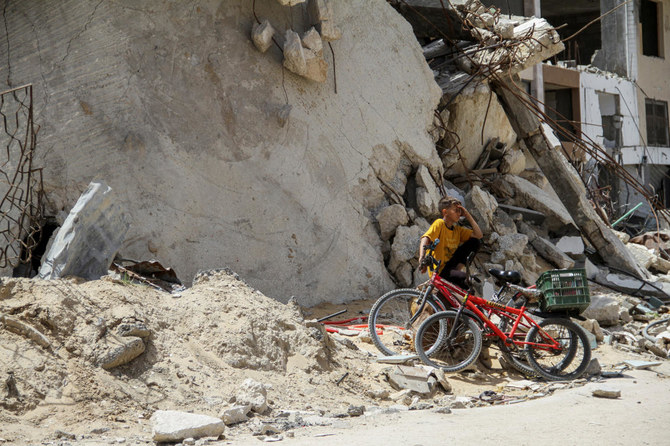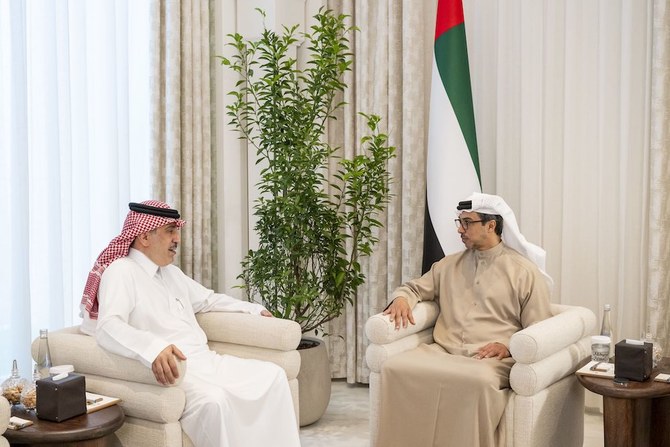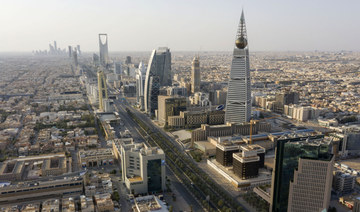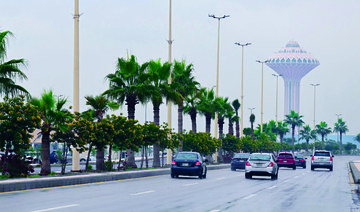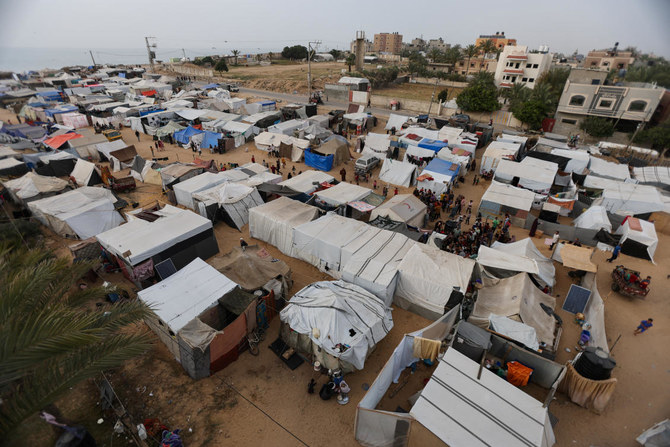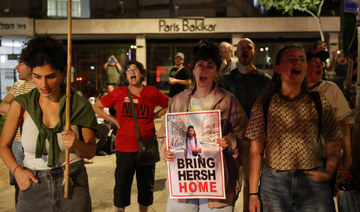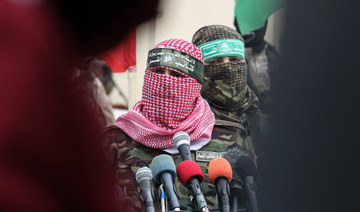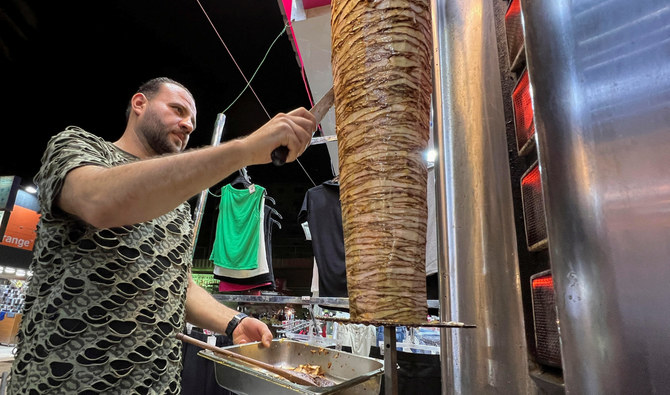Nairobi: Sudan, the last male northern white rhino, has died in Kenya at the age of 45, after becoming a symbol of efforts to save his subspecies from extinction, a fate that only science can now prevent.
When Sudan was born in 1973 in the wild in Shambe, South Sudan, there were about 700 of his kind left in existence.
At his death, there are only two females remaining alive and the hope that in-vitro fertilization (IVF) techniques will advance enough to preserve the sub-species.
Sudan, elderly by rhino standards, had been ailing for some time, suffering from age-related infections, according to his keepers at the Ol Pejeta Conservancy.
“His condition worsened significantly in the last 24 hours; he was unable to stand up and was suffering a great deal. The veterinary team... made the decision to euthanize him.”
Sudan lived out his final years on a 90,000-acre (36,400-hectare) reserve of savannah and woodlands in central Kenya, along with the two remaining females, under armed guard to protect them from poachers.
“We on Ol Pejeta are all saddened by Sudan’s death. He was a great ambassador for his species and will be remembered for the work he did to raise awareness globally of the plight facing not only rhinos, but also the many thousands of other species facing extinction as a result of unsustainable human activity,” said Richard Vigne, Ol Pejeta’s CEO.
Ironically, Sudan’s death comes as hundreds of scientists and government envoys gather in Colombia at a biodiversity crisis summit for a global appraisal of mass species extinction.
Rhinos have few predators in the wild due to their size.
However, demand for rhino horn in traditional Chinese medicine and dagger handles in Yemen fueled a poaching crisis in the 1970s and 1980s that largely wiped out the northern white rhino population in Uganda, Central African Republic, Sudan and Chad.
A final remaining wild population of about 20-30 rhinos in the Democratic Republic of Congo died out during fighting in the late 1990s and early 2000s, and by 2008 the northern white rhino was considered extinct in the wild.
Modern rhinos have plodded the earth for 26 million years. As recently as the mid-19th century there were over a million in Africa. The western black rhino was declared extinct in 2011.
In the 1970s, Sudan “escaped extinction in the wild,” when he was shipped to the Dvur Kralove Zoo in the Czech Republic.
He did manage to sire two females while at the Czech zoo. His daughter Najin, 28, and her daughter Fatu, 17 are the two females left alive at Ol Pejeta.
Then in 2009, Sudan, another male and the two females were shipped to Ol Pejeta in Kenya, with high hopes that conditions similar to their native habitat would encourage breeding.
However, despite the fact that they were seen mating, there were no successful pregnancies.
Further efforts to mate a male southern white rhino with the females — and thus conserve some of the northern white genes — were also unsuccessful.
The other male rhino, Suni, died of natural causes in October 2014.
However, scientists have gathered Sudan’s genetic material and are working on developing in-vitro fertilization (IVF) techniques to preserve the subspecies.
Sudan gained worldwide fame in 2017 after he was featured on the popular dating app Tinder in an effort to raise money for the IVF procedure — which has never been done with rhinos.
The plan is to use sperm from several northern white rhino males that is stored in Berlin, and eggs from Najin and Fatu and implant the embryo — which will be created in an Italian laboratory — in a surrogate southern white female, according to Ol Pejeta.
“Sudan was the last northern white rhino that was born in the wild. His death is a cruel symbol of human disregard for nature and it saddened everyone who knew him,” said Jan Stejskal, Director of International Projects at the Dvur Kralove Zoo.
“But we should not give up. We must take advantage of the unique situation in which cellular technologies are utilized for conservation of critically endangered species. It may sound unbelievable, but thanks to the newly developed techniques even Sudan could still have an offspring.”





